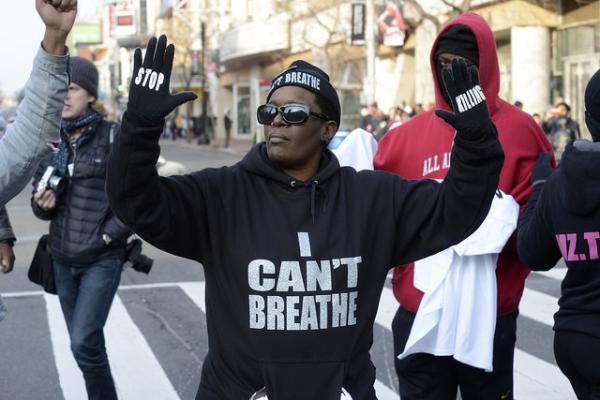May 6, 2016
A new study from Barna paints a bleak picture of racial tension in the United States.
Read the Full Article

Already a subscriber? Login

A new study from Barna paints a bleak picture of racial tension in the United States.
